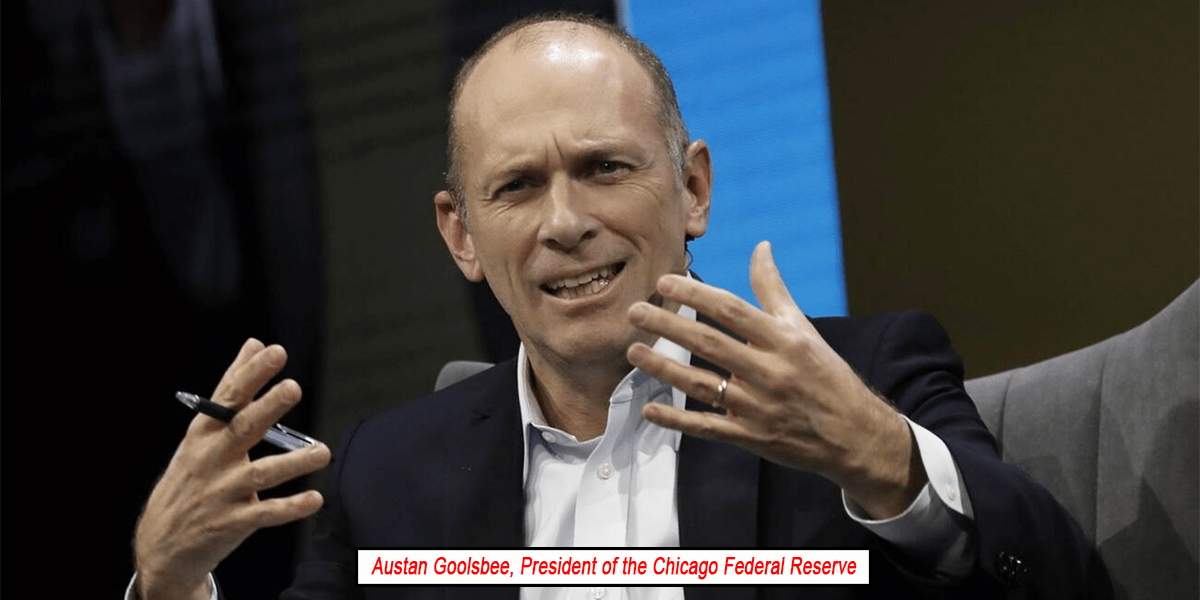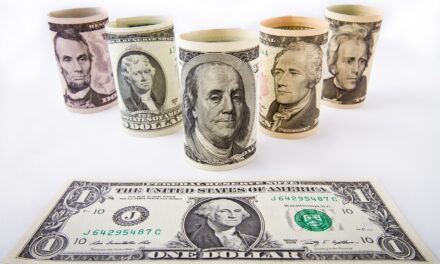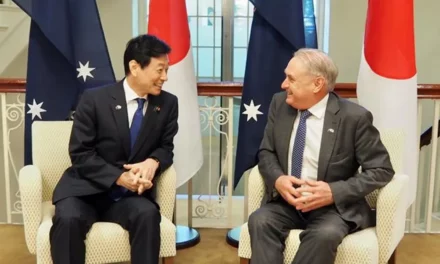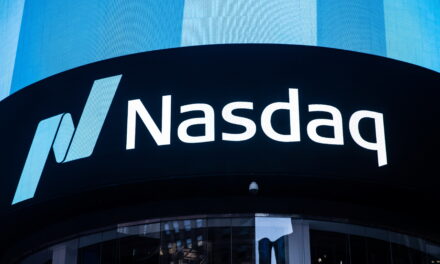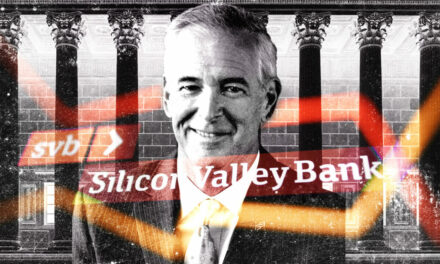When the United States economy hit its debt ceiling in January this year, it triggered a crisis that prompted Treasury Secretary Janet Yellen to begin enforcing a series of extraordinary measures to keep the government from running out of money and triggering an even worse set of issues.
However, the House of Representatives remains at an impasse with the White House with regard to increasing the government’s debt limit. For the country’s financial authorities, this ongoing deadlock could lead to some very adverse repercussions.
Austan Goolsbee, president of the Chicago Federal Reserve, remarked that the impasse could not have come at the worst possible time. He explained that both the government and private sector are trying to navigate through an unusual business cycle following the economic shuttering of the past couple of years.
At the same time, the recent spate of bank failures and the overall atmosphere of economic uncertainty weighs heavily on people as the specter of budgetary tightening looms overhead. Add to that the looming uncertainty as to how the government will be able to meet its financial commitments, and both economic growth and improved prospects in the US job market have all been compromised.
Not His First Rodeo
This isn’t the first time that Goolsbee has been a witness to a congressional debt impasse. Back in 2011, in his capacity as the then-chair of the Council of Economic Advisors, he saw how congressmen debated for months about how much was appropriate in terms of government spending and how it would impact national debt.
That said, he pointed out how even last-minute deals could severely erode consumer confidence and how it could set off even greater turbulence in the banking sector. He added that a prolonged impasse could also lead to an increase in borrowing costs.
Even now, the impasse has already damaged the economy in a number of ways. Short-term notes, for example, have risen rapidly in light of how investors are not as willing to buy Treasurys set to mature at a potential default date.
Goolsbee also emphasized how the Federal Reserve ought to pay attention to upcoming reports regarding credit conditions which could apply the same level of pressure as higher benchmark rates. He added that the effects of such pressure would not be distributed evenly throughout various sectors.

